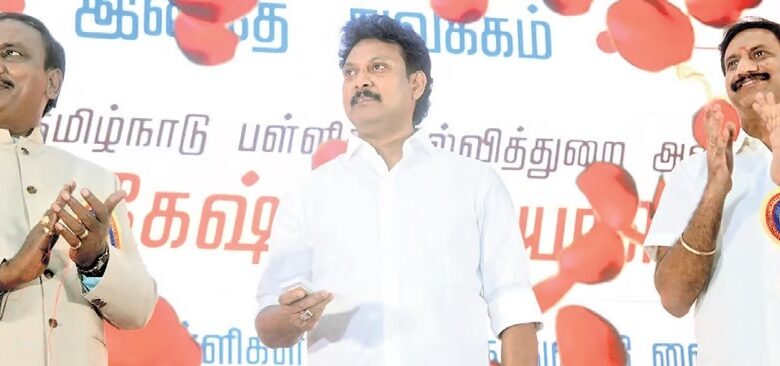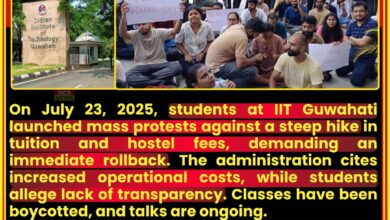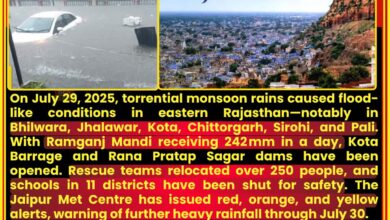
The Tamil Nadu Private Schools Association, a newly formed body created through the merger of six private school associations, has brought forward a set of nine resolutions addressing critical challenges faced by private educational institutions in the state. These resolutions were presented during the association’s inaugural event, held at Kalaivanar Arangam in Chennai. The primary focus of the resolutions was the demand for timely disbursement of funds under the Right to Education (RTE) Act and the call for permanent recognition of matriculation, nursery, and primary schools that meet the prescribed criteria.
Key Resolutions Passed
Among the resolutions, a significant emphasis was placed on the timely release of pending RTE funds. The association highlighted that delays in fund disbursement severely impact the operational efficiency of schools and requested the government to ensure that tuition fee reimbursements for students admitted under the RTE Act are completed within the same academic year. Another notable resolution called for permanent recognition of private schools that adhere to the stipulated standards, ensuring stability and continuity for these institutions.
Building Regulation and School Upgradation
The association proposed a policy shift to relax existing building regulations for private schools constructed before May 31, 2023. They urged the government to allow schools with adequate classroom infrastructure to upgrade from primary and nursery levels to middle schools. This step, they argued, would enable better utilization of existing resources and help address the growing demand for middle-level education.
Attendance and Examination Policy
A resolution recommended that only students with a minimum attendance of 75% be permitted to appear for board examinations. This policy aims to enhance accountability and academic discipline among students while ensuring that schools maintain a consistent standard of education.
Expert Committee for Legal Challenges
The association also suggested forming an expert committee, chaired by a retired judge, to address legal issues encountered by private schools. This committee would provide a structured approach to resolving disputes and ensure that schools operate within a fair legal framework.
Adoption of Government Schools
In a unique initiative, the association announced its intention to adopt 500 government schools during the 2025-2026 academic year. This move aims to foster collaboration between private and public education sectors, leveraging private expertise to improve the quality of government-run schools.
Government Response
School Education Minister Anbil Mahesh Poyyamozhi, who participated in the event, assured the association that their demands would be considered seriously. He stated that a decision on the resolutions would be made following discussions with Chief Minister M.K. Stalin. Addressing the delay in RTE fund disbursement, the minister and School Education Secretary S. Madhumathi attributed the issue to lagging central government funding under the Samagra Shiksha Scheme.
Broader Educational Reforms
Separately, Minister Anbil Mahesh announced that the government is considering a proposal to include a lesson on CPI leader Nallakannu in school textbooks. This decision follows actor Vijay Sethupathi’s request during the centenary celebrations of the leader.
Conclusion
The resolutions put forth by the Tamil Nadu Private Schools Association reflect the pressing challenges faced by private institutions. Their implementation could lead to improved financial stability, better infrastructure, and strengthened collaboration between private and public education systems, ultimately benefiting students across the state.









